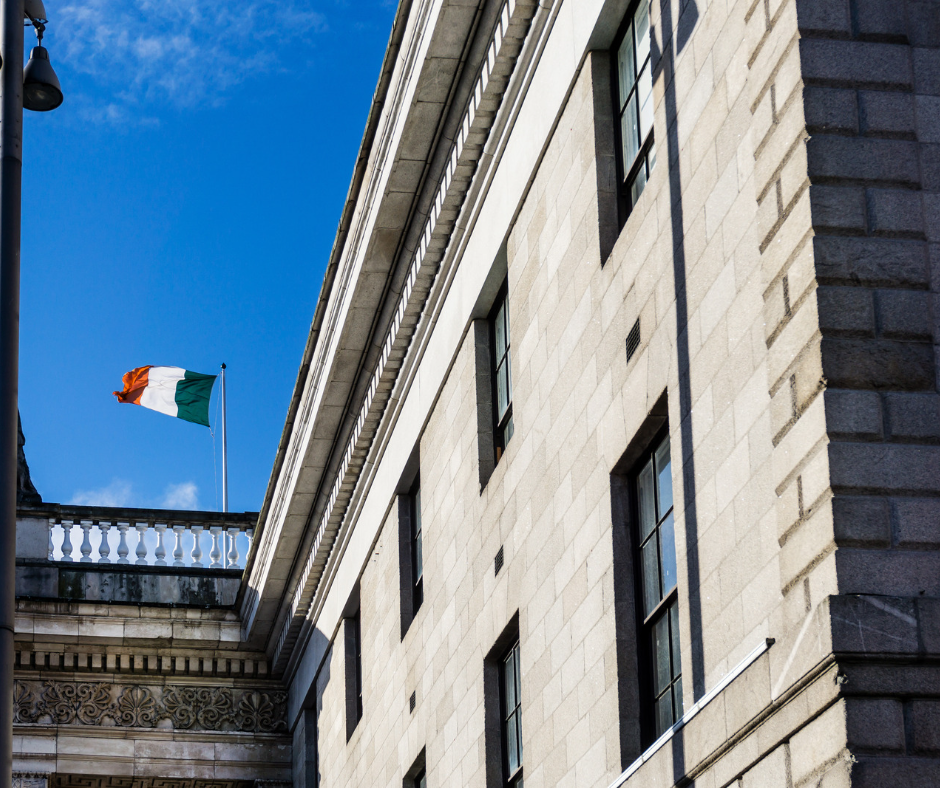Understanding Section 110 Formation in Ireland
Ireland is a leading jurisdiction in Special Purpose Vehicles (SPV) formation for the following reasons:
- The country’s open economy
- On-shore territory
- Stable political environment
- Common law system similar to the UK and US
- An English-speaking and highly educated workforce
- Availability of professional and administrative services
- Robust regulatory framework
- Attractive tax legislation (i.e. Section 110 of the Taxes Consolidation Act, 1997)
- An extensive network of double taxation treaties
Bolder Group previously published an article on the company incorporation process in Ireland, which provided details about different available company structures in the country. The process for incorporation is the same for SPVs and non-SPVs. However, the two most commonly used structures for SPV formation are Public Limited Company (PLC) and Private Limited Company. There is a Designated Activity Company (DAC) with a type of private company (limited by shares or limited by guarantee) that defines its specific business activity in its constitutional documents.
Section 110 Formation: the qualifications
An Irish Section 110 SPV, or Section 110 company, is an Irish tax resident company which qualifies under Section 110 of the Tax Consolidation Act 1997 for a special tax regime that enables the SPV to attain tax neutrality. These Section 110 companies are usually established as PLCs; alternatively, these SPVs can be formed as DAC.
An Irish resident company holds the equity shares in a Section 110 company as trustee under a trust for charitable purposes for these two purposes:
- In addition to having two Irish resident directors in the Section 110, its equity being held by an Irish trustee assists in meeting the “Irish resident” requirements under Section 110 of the Tax Consolidation Act.
- It ensures the Section 110 company is bankruptcy remote. As a result, the sponsoring institution will not hold any equity shares in the Section 110 company.
The Section 110 company issues a debt instrument, and this note will accrue and bear interest linked to the performance of the underlying assets. Essentially, SPV profits are not extracted via dividends to equity shareholders but to noteholders under the performance of the debt instrument issued by the SPV. All parties to the transaction will be required to sign up for the limited recourse and non-petition provisions contained in the contractual documents.
A Section 110 company is not a regulated entity. It is not authorised by the Central Bank of Ireland (CBI) and is not subject to prudential regulation. There are no special tax rulings or authorisations required from any regulatory body and the tax authorities in forming Section 110 SPVs in Ireland. However, it is subject to local Irish company law and European financial services regulation, depending on the specific activities undertaken by the Section 110 company.
Section 110 of Ireland’s Tax Consolidation Act 1997 provides that taxable profits of “qualifying companies” are calculated on the same basis as a trading company, meaning that the financing costs are tax-deductible. It also stipulates the tax treatment of “qualifying companies” (Section 110 companies). A Section 110 company in Ireland can structure transactions to be tax-neutral, reducing or eliminating withholding taxes on income flows and capital gains.
The following criteria (unless otherwise stated) must be met throughout the life of the entity to qualify as a Section 110:
- The company must be an Irish resident.
- It must carry on business in Ireland.
- It must not carry out activities other than those ancillary to its business.
- It must acquire/create/hold ‘’qualifying assets’’, and the market value of these assets on the date of acquisition must be at least €10 million – this is a day-one-only requirement.
- Transactions must be at arms-length.
- It must notify the Revenue Commissioners of its intent to be a Section 110 qualifying entity.
Qualifying assets include plant and machinery, leased assets and commodities.
Section 110 allows for a wide range of tax-neutral financial and leasing transactions to be conducted by using a qualified Irish resident SPV. They are frequently used in Structured Finance, Securitisations, Repacks, RMBS/CMBS, CLOs, Aircraft Leasing and Insurance/Reinsurance, among others.
Our expert-led office in Ireland specialises in Section 110 Company Formation. To learn more about the requirements and what you need to incorporate and maintain your Section 110 entity, please contact our team.
Bolder Group does not provide financial, tax or legal advice and the information contained herein is meant for general information purposes only. We strongly recommend that before acting on any of the information contained herein, readers should consult with their professional advisers. The Bolder Group accepts no liability for any errors or omissions in the information, or the consequences resulting from any action taken by a reader based on the information provided herein.
Bolder Group refers to the global network of independent subsidiaries of Bolder Group Holding BV. Bolder Group Holding BV provides no client services. Such services are provided solely by the independent companies within the Bolder Group which are each legally distinct and separate entities and have no authority (actual, apparent, implied or otherwise) to obligate or bind Bolder Group Holding BV in any manner whatsoever. The operations of the Bolder Group are conducted independently and have no affiliation with third party financial, tax or legal advisory firms or corporations.
